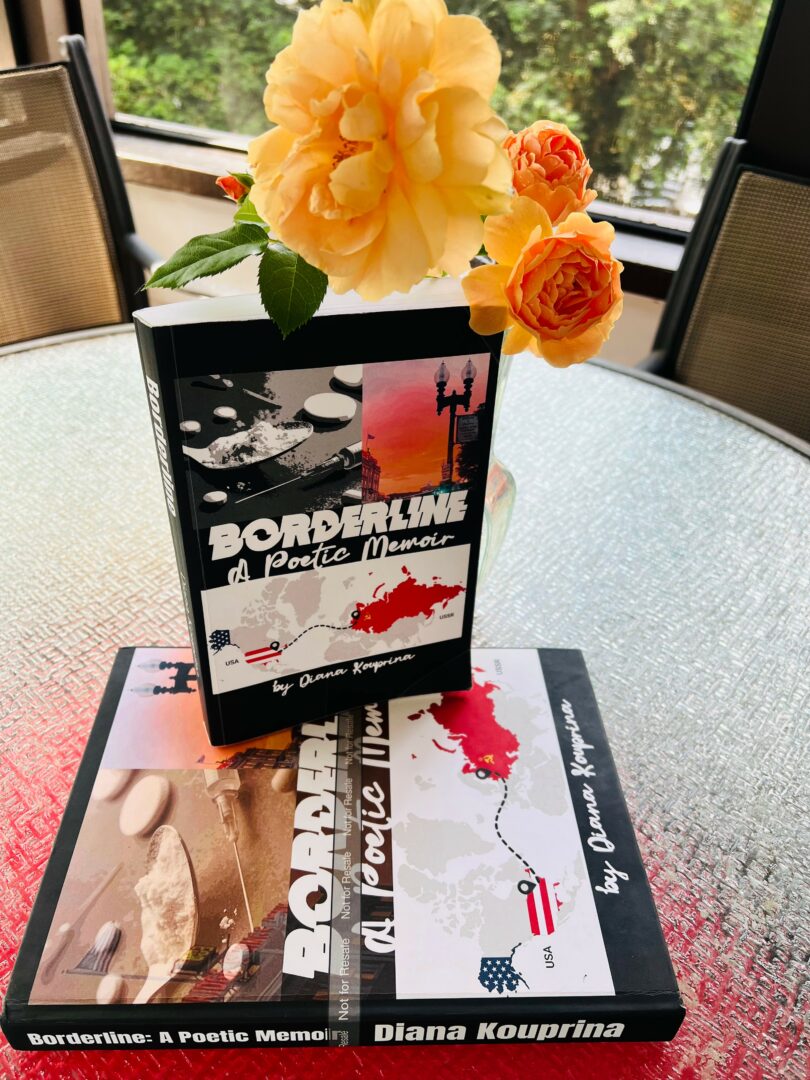Diana Kouprina shared their story and experiences with us recently and you can find our conversation below.
Good morning Diana , it’s such a great way to kick off the day – I think our readers will love hearing your stories, experiences and about how you think about life and work. Let’s jump right in? What do the first 90 minutes of your day look like?
I’m not an early riser in the traditional sense—I’m usually the last one to bed—but I do love waking early enough to catch that peaceful window before the heat of the day sets in. There’s something magical about the morning sun—soft, quiet, and forgiving.
My day starts with a tall, cold glass of water, followed by a comforting cup of coffee. Then, almost instinctively, I find myself in my garden. It’s a space I’ve spent five years creating—what was once overrun with weeds is now a sanctuary filled with color, life, and intention.
In my garden, I find solace. It’s my meditation, my grounding ritual. There’s something sacred about pulling weeds with my hands, tending to the flowers, and feeling the soil beneath my fingers. It reminds me that I’m capable of building beauty, that I brought something to life from a place that had been forgotten.
In the garden, I find my muse. It’s where I began to remember color, scent, joy—the things I had long lost touch with.
⸻
Bloom in May
I had forgotten long ago that color
Did exist within this living realm.
I had forgotten then, that blooming flowers
Had a scent of floral perfume lingering in air.
I had forgotten, that I had forgotten
That once upon a time flowers did bestow upon me …
That feeling that I didn’t think I could attain
Of joy and exultation.
I forgot that the world is filled in color
More brilliant than the next.
I forgot that for a while I swam
In darkness of the night with nothing
But the sea of waves crashing, thrusting me around.
I couldn’t see straight in the illumination of the sun,
My eyes crying at the sight of light.
But small reminders here and there,
Bring me back to who it was I had forgotten.
And what it was I did forget.
The lost child deep within, the little soul
That wants to be a floral bloom in May.
©️ Diana Kouprina
⸻
That’s how my day begins—not with a rush, but with presence, purpose, and a return to what I nearly lost. The garden gives back to me each morning, and I carry that energy into everything else I create.
Can you briefly introduce yourself and share what makes you or your brand unique?
My name is Diana Kouprina, and I am a multidisciplinary creative—author, storyteller, visual artist, and founder of WILD, a platform and community centered on radical honesty, creative expression, and soul reclamation.
I’m the author of Borderline: A Poetic Memoir, a deeply personal work written in an explanatory, distilled style that traces memory as it was experienced—from joy to trauma, from dissociation to addiction. The title Borderline carries two distinct meanings. First, as an immigrant, I’ve lived most of my life on the literal and emotional border—forever in limbo. I have never received full U.S. citizenship, and today I remain stateless but documented. That sense of never fully belonging shaped much of my internal world.
Second, Borderline speaks to my journey with Borderline Personality Disorder—something I lived with for years until I found the tools, language, and inner strength to reclaim my sense of self. Writing this memoir was part of that healing. It helped me not only understand the disorder but to untangle my identity from it, to see myself clearly beyond diagnosis.
My creative work flows through multiple forms—from poetry and prose to spoken word and visual storytelling. I also host WILD the Podcast, a space for soul-deep conversations and honest reflections on what it means to be fully human. That led to the creation of WILD the Nonprofit, an organization dedicated to empowering women through storytelling, mentorship, and creative healing. WILD is about voice. About remembering. About reclaiming the parts of ourselves we were taught to hide, WILD is about What I Love Doing.
Whether I’m writing, speaking, or in my garden—every piece of my work is anchored in one truth: our stories matter. And when we dare to tell them, we create space for others to do the same.
Okay, so here’s a deep one: Who were you before the world told you who you had to be?
Thank you for this question—honestly, I’ve asked myself that very thing over and over again throughout my life.
I was born in the former Soviet Union, in Georgia, to a Russian-Armenian mother and an Armenian father. I grew up in Yerevan, Armenia, and attended a Russian-language school because Russian was the dominant language of the Soviet system. But even there, I didn’t fit in. I was considered “black” by the Russian kids—my darker complexion and mixed heritage made me feel like an outsider from the very beginning. I hated being more than half Armenian, even though that was the land beneath my feet.
Individuality wasn’t nurtured in the Soviet school system. I still remember the sting of being hit on the hand with a ruler by my teacher—simply because I used my left hand to draw. After that, I gave up drawing. And I gave up on my left hand.
As a child, I was accepted into the Soviet Union’s music conservatory. By age eight, I could play the full piece of Für Elise professionally. But after immigrating to the United States, I never played again. The piano, the music, that part of me was left behind—along with so many others.
When my daughter was born, I started asking myself: Who am I, really? And for a long time, I didn’t have an answer. I had learned early on how to mask, to fragment, to split my identity into acceptable parts depending on who I needed to be. It became second nature.
It has taken me a lifetime to begin unlearning all of that. To pull the pieces back together. To stop performing and start remembering.
I now know that I am someone who doesn’t fit into a box. I’m creative. I’m layered. Once upon a time, I was filled with a joy for life—and though that joy was stolen far too early, I am slowly reclaiming it.
At 40, I’m reclaiming myself. I wrote Borderline for the little girl who once dreamt of being a writer, an actor, a creator. I wrote it for the child who was silenced. I wrote it because she still lives in me—and she still wants to be heard.
Was there ever a time you almost gave up?
There were many times I gave up. But the moment that stands out most was when I died from a methadone overdose.
At that point in my life, everything felt like failure. I was battling addiction, trapped in a codependent and abusive relationship, and falling apart in college. On the outside, I was trying to hold it together, but on the inside, I was unraveling. I was splitting myself into two versions—one that tried to please my parents and live up to impossible standards, and another that wanted nothing more than to escape.
My father had high expectations. We immigrated to the U.S. because he was accepted to Yale on a full scholarship, later working alongside Roger Fisher, the guru of the Negotiation Program at Harvard. I carried the weight of that legacy. A part of me wanted to follow in his greatness; the other part wanted to rebel completely. That rebellion led me to death.
When I overdosed, I left my body. I crossed over. What I experienced wasn’t just a medical event—it was spiritual. I’ve written about it in a poem titled The Bell Tolled for Me:
⸻
The Bell Tolled for Me
The day I died, I heard the bell.
The warning signs tolled thrice.
I did not heed the warning of the knell.
Instead, accepted my invitation out of this hell,
I rose above into the heavens,
Leaving behind this body upon the earth,
Desires full, I rose up in harmony
With my ancestral souls of past,
What once was lost, regained again.
I wanted to remain upon this flight of up above,
Leaving behind my plight of hell,
Roaming freely upon the earth,
Seized to exist within the heavens realm,
As my soul, began to find its home within the light.
Alas! And, to my own surprise!
I was told by angels, sight,
That my time was not one of right.
I heard, the striking of the clock
The bell tolled thrice,
The tolling knell would not await,
The shining light blinked twice.
‘Twas time to make haste, of souls return
Back into the body that could not wait.
Back into the soil I would go,
In darkness to be reborn again.
Hark! Exclaim, the angels of the light:
As, I felt myself drifting down into the night,
“Remember this, Remember always,
At the tolling of the knell,
it is time for you to leave the hell,
You walk through upon the earth of past,
‘Tis time for you to taste true heaven,
That doth exist on earth,
Within this palpable rebirth.”
To fluorescent lights I did awaken,
Feeling frost upon my skin,
As my first gulp of air was taken,
I no longer heard the tolling of the bell.
© Diana Kouprina
⸻
After that, I was not the same. I was reborn.
It was a long struggle for me to understand what that meant. For a long time, I didn’t know why I had been thrown back into the living realm. But today, I know. Today, I finally find my purpose within this rebirth.
Now I live to share that light with others—through my writing, my art, my voice, and through WILD. I came back to this life to walk through it fully, with presence. And that is what I try to do every day.
Alright, so if you are open to it, let’s explore some philosophical questions that touch on your values and worldview. Is the public version of you the real you?
Yes—absolutely. It’s incredibly important to me that the version of myself I share with the world is rooted in truth. I’ve spent far too much of my life split—masking, shape-shifting, trying to meet expectations that were never mine to carry.
Today, I live in full authenticity. I no longer compartmentalize who I am. Whether I’m speaking publicly, creating art, recording an episode for WILD, or simply sitting in my garden—I am one whole self. No more fragments. No more performance.
Living in harmony as one integrated being is the greatest freedom I’ve fought for. It’s how I honor the life I was given back. It’s how I stay aligned with my purpose. And it’s how I stay honest—with others and with myself.
Okay, so let’s keep going with one more question that means a lot to us: If you knew you had 10 years left, what would you stop doing immediately?
There’s nothing I would stop doing. Instead, I would start—immediately.
I would pour myself into finalizing my next memoir, Stateless. For me, it is vital to leave behind my words for my daughter. She is ten now, and though she may not fully understand my life today, one day she will. And when that time comes, I want her to have my story in her hands.
I would work tirelessly to ensure that what I leave behind becomes both a legacy and a lifeline—a cautionary tale and a map toward breaking our ancestral cycles of trauma and abuse. I would make certain she feels pride in being Russian and Armenian, and that she values the land of Georgia, where our ancestors once found refuge and created the village of Urubeli.
I would make sure she understands the plight of immigrants, and what it means to be stateless—what it means to belong nowhere, yet still carry the richness of many places within her. I would make sure she knows who she is, deeply and without shame. That she is never afraid to own her story, her lineage, her voice.
Because my words may one day be all I can give her. And I want them to light her way.
Contact Info:
- Website: https://www.whatilovedoing.com/wild/dianakouprina
- Instagram: @deanka84
- Linkedin: http://linkedin.com/in/diana-kouprina-95b66b217
- Facebook: @DianaKouprina
- Other: https://wildthenonprofit.com/
https://wildthepodcast.com/
https://www.amazon.com/gp/aw/d/B0DR6GZFPB/ref=tmm_kin_swatch_0
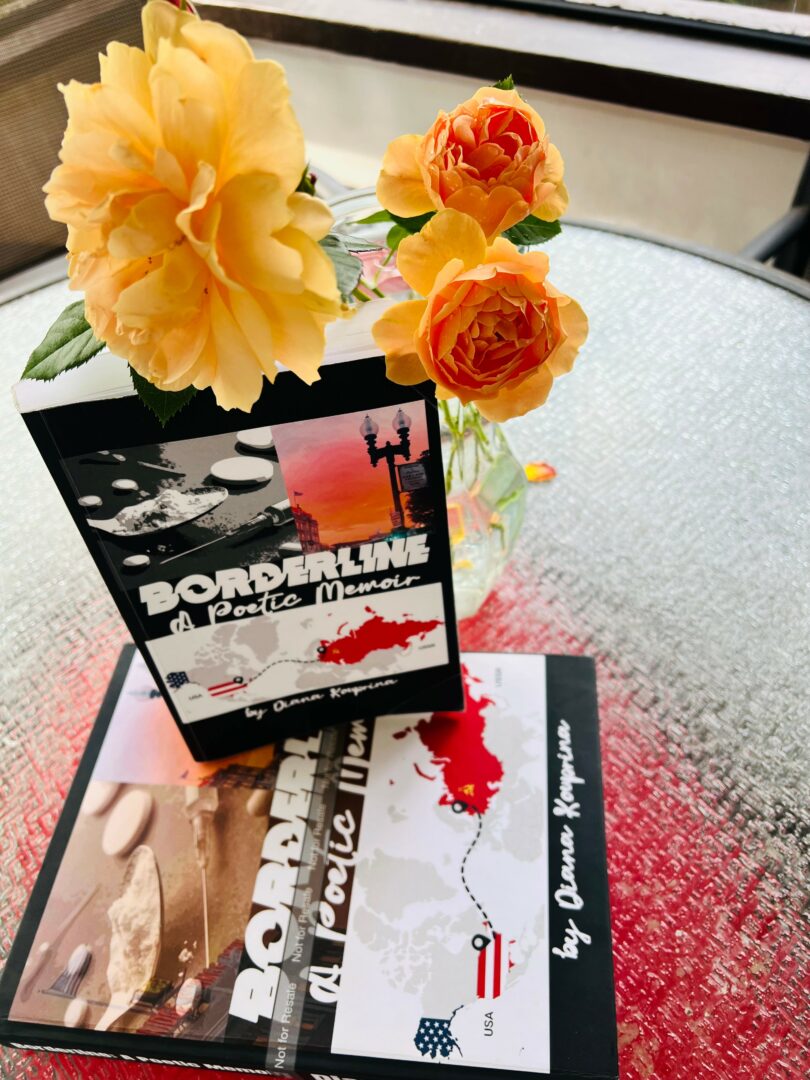
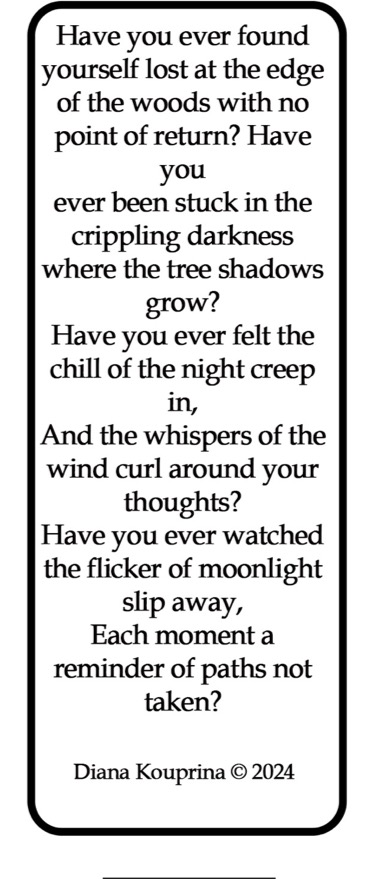
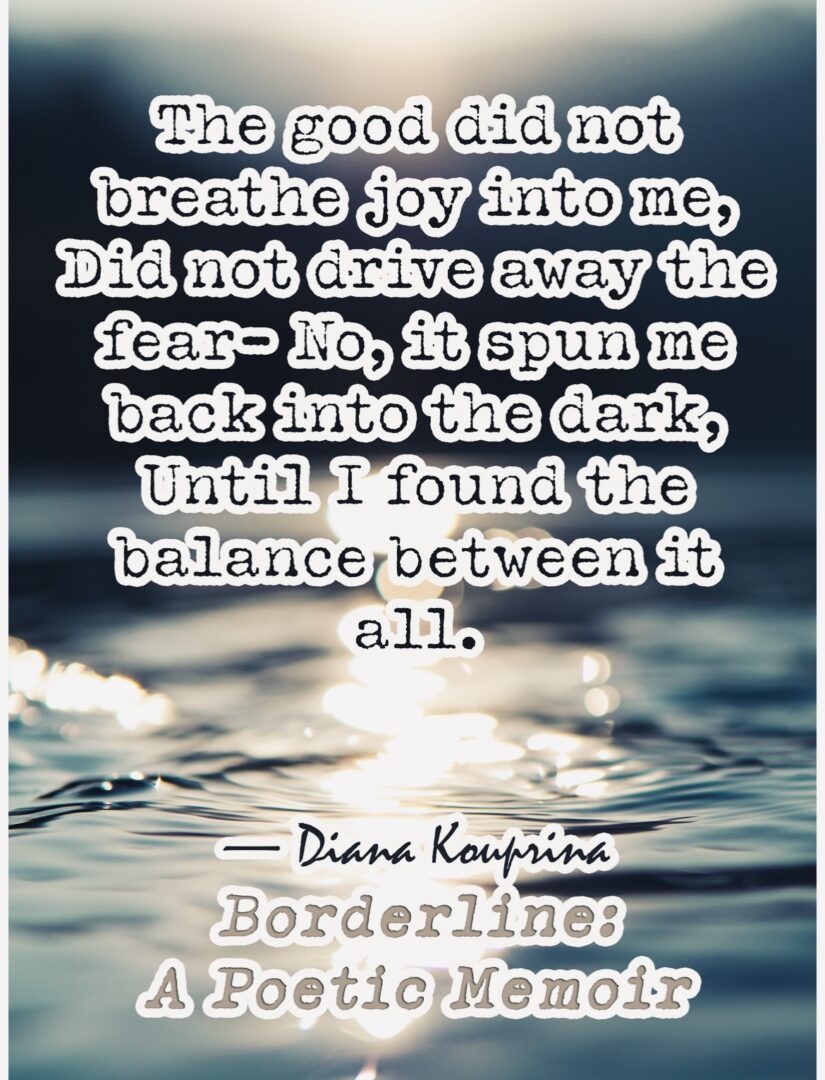
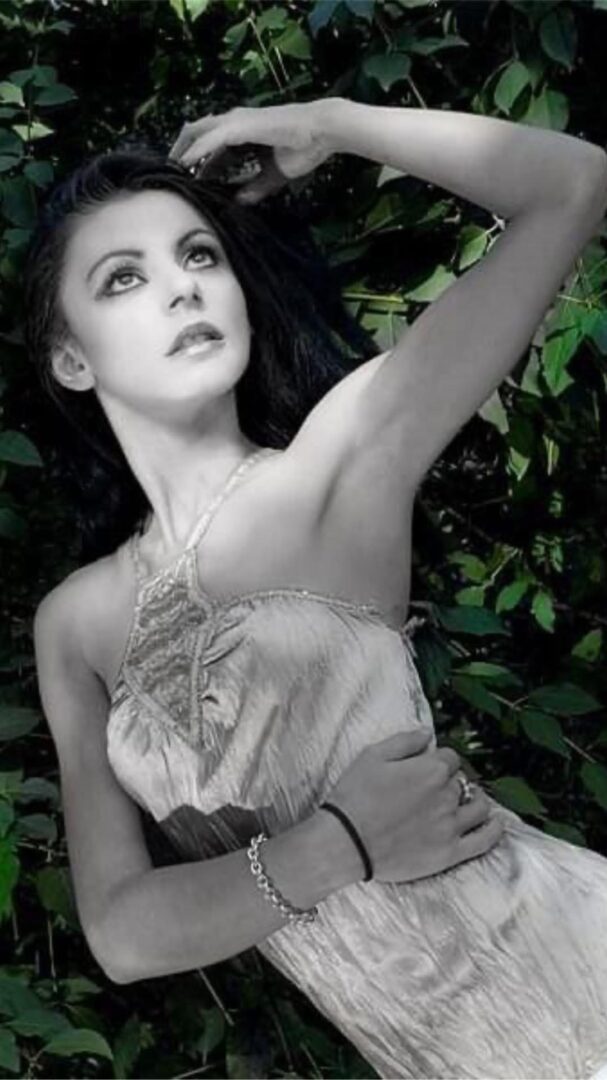
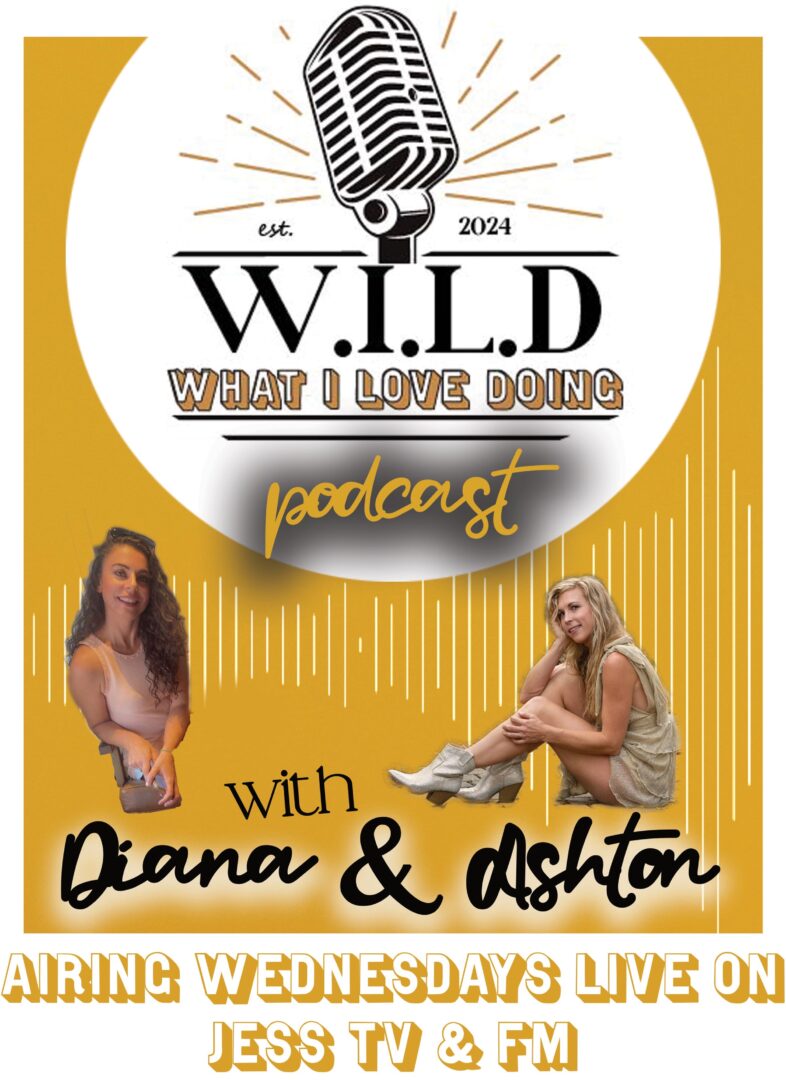
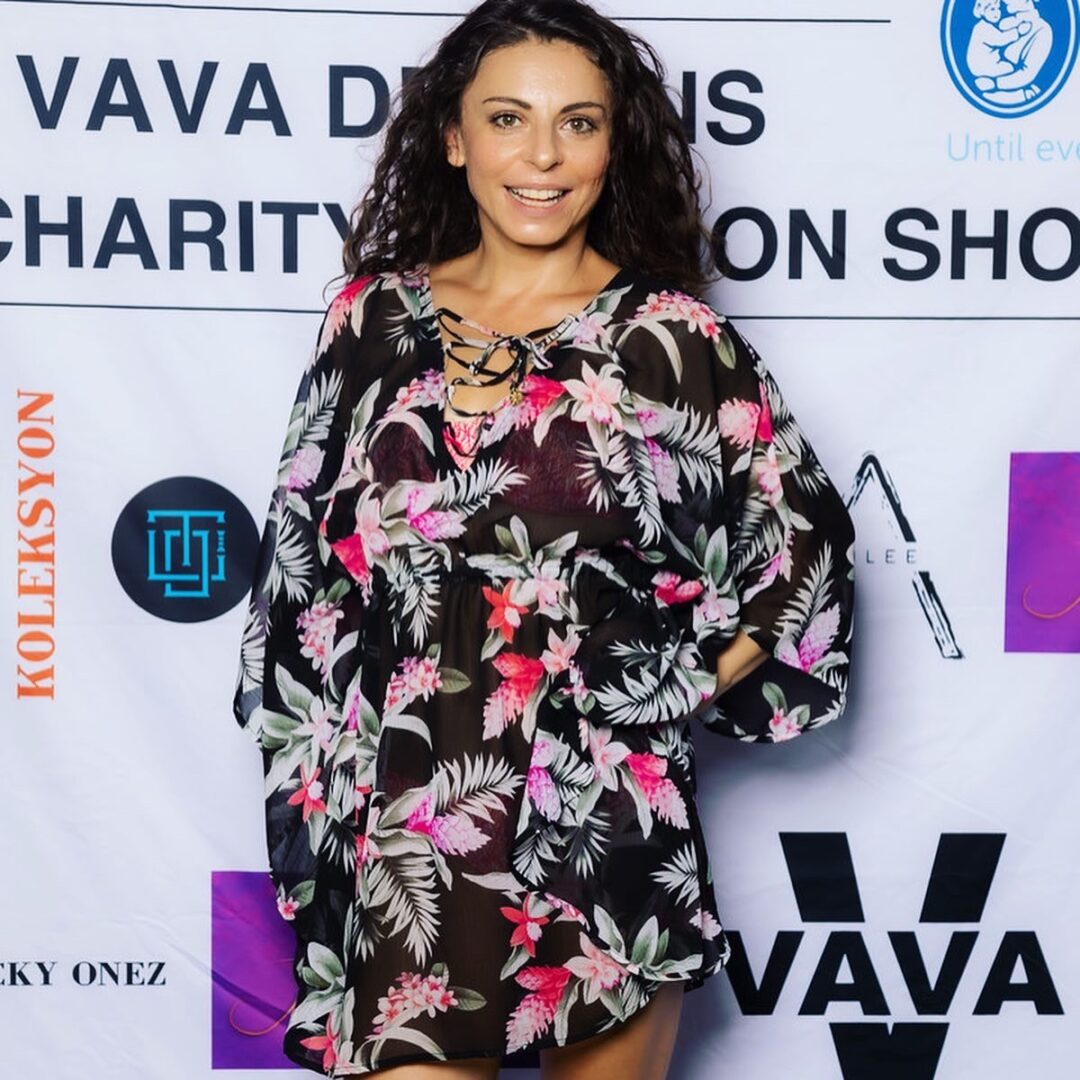
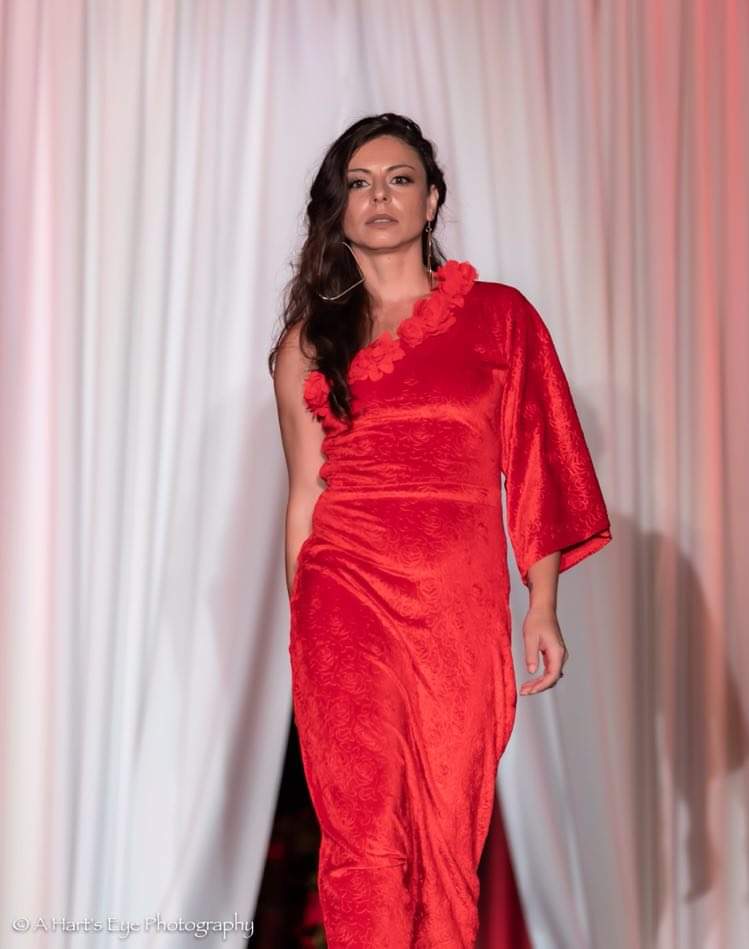
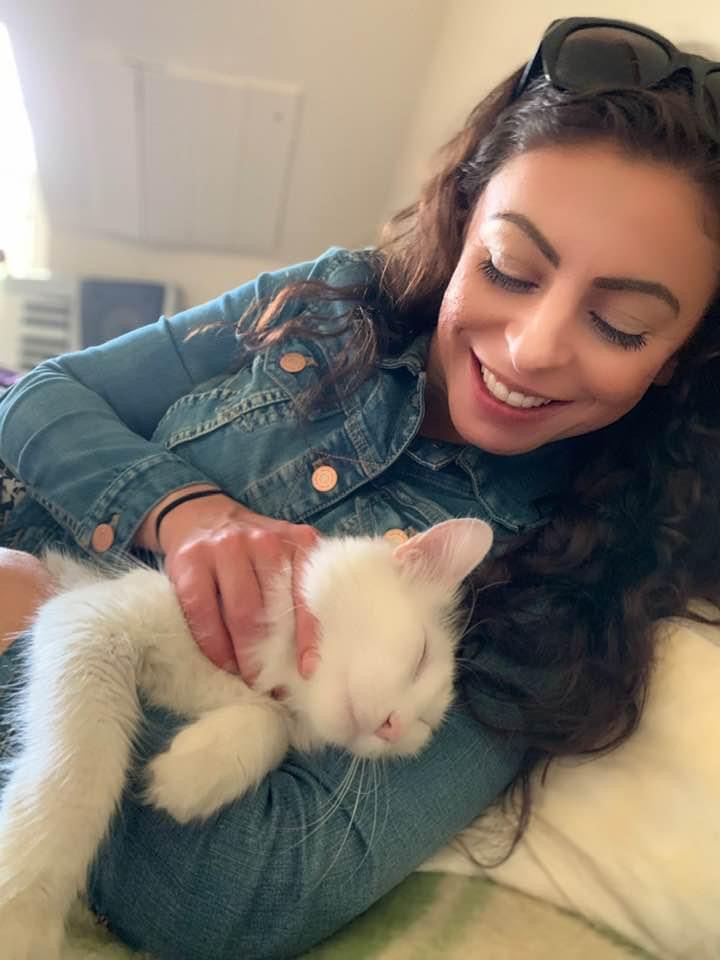
Image Credits
Diana Kouprina
Ashton Loren Ryan
Michael Rose
Dennis Gagnon
Vava Designs
Charity Fashion Show
Boston Children’s Hospital
so if you or someone you know deserves recognition please let us know here.

